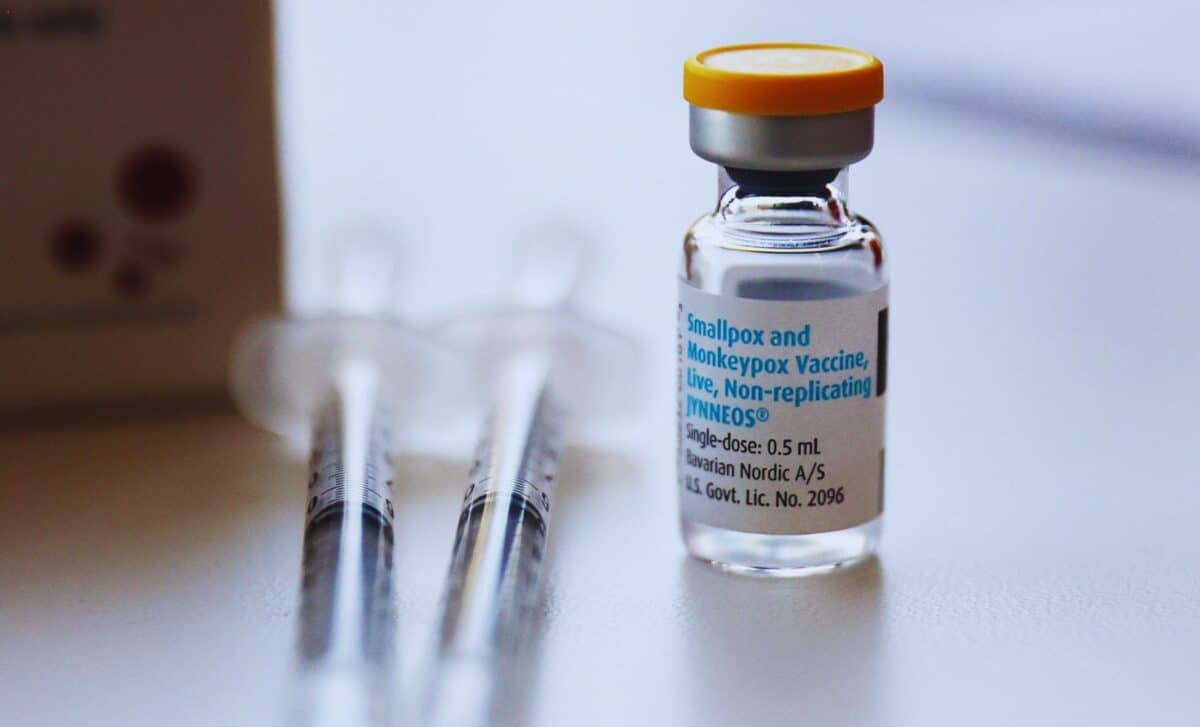The UK Health Security Agency (UKHSA) has confirmed a new case of Clade Ib mpox in the North East of England, marking a recent development in the monitoring of this rare infection. The individual involved had not travelled to affected countries and has no known links to any previous UK cases, raising questions about the source of the infection.
Investigating the Source of the Infection
According to UKHSA, the confirmed case was diagnosed in March, but no additional cases have been reported since the patient’s contacts were thoroughly traced. The case is of particular interest because, unlike previous cases, the individual did not have a history of travel to regions where mpox is more prevalent, such as parts of Central and West Africa.
The UKHSA has assured the public that robust mechanisms are in place to track and trace any potential further cases of mpox, regardless of the patient’s travel history.
“All previous cases in the UK to date have either travelled to an affected country or have a link to someone that has.” said a UKHSA spokesperson.
This case is the latest in a series of incidents since the resurgence of mpox, also known as monkeypox, in 2022. The virus, though still considered a low-risk infection for the general population, remains a concern for public health authorities.
The Risks of Mpox and Its Transmission
Mpox, which is typically found in Central and West Africa, can be transmitted through close contact with infected individuals. This includes direct contact with mpox lesions or bodily fluids, such as during intimate or sexual encounters.
In addition to sexual transmission, the virus can also spread through sharing bedding or towels used by someone with active symptoms, or even through respiratory droplets when in close proximity to an infected person.
The symptoms of mpox include fever, swollen lymph nodes, muscle aches, and a characteristic rash that usually starts on the face and spreads to other parts of the body. According to the NHS, these rashes develop into blisters filled with fluid, which then form scabs that fall off after a few weeks.
The condition can last anywhere from two to four weeks, and while the infection tends to be mild for many, it can become severe in some cases, especially for those with weakened immune systems, children, or older adults.
In response to this latest case, Dr. Gillian Armstrong, the UKHSA Mpox Incident Director, stated that the risk to the UK population remains “low”. However, she emphasized the importance of remaining alert to the signs of infection and seeking medical advice if symptoms develop, particularly for those who have had close contact with individuals displaying signs of mpox.
Preventive Measures and Vaccination
To prevent the spread of mpox, the UKHSA recommends maintaining good hygiene practices, including regular handwashing and avoiding close contact with individuals who have symptoms of the virus.
The NHS has also rolled out a vaccination programme for individuals who are at increased risk, including men who have sex with men and those who have been in close contact with confirmed cases.
As authorities continue to monitor the situation, the focus remains on preventing further spread while ensuring that healthcare providers are well-equipped to manage any potential outbreaks.
For now, UKHSA urges anyone who suspects they have contracted the virus to contact NHS 111 for guidance on the next steps.









